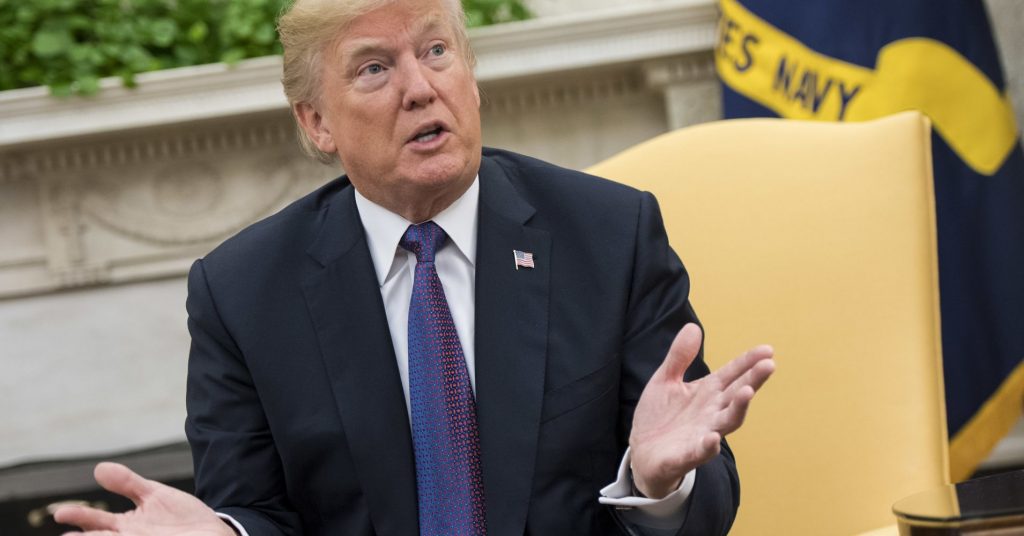
Despite the rally in global equity markets, revenues in the first-quarter of 2019 was one of the worst in recent years, CEO of Swiss-bank UBS told CNBC.
“I think that we are facing macro and geopolitical challenges that we all know, but in addition to that the first-quarter was lacking any of the elements of positive seasonality this year,” Sergio Ermotti told CNBC’s Joumanna Bercetche on Wednesday.
Ermotti said that while the first quarter in 2018 had been “exceptional” for both the industry as a whole and even more so for UBS, which he said had “a very outstanding quarter” – UBS reported a 19 percent jump in net profit in the first quarter of 2018, boosted by its investment banking division – the lender’s investment banking division revenues were down by around a third in the first quarter this year.
Investment banking is a specific division of banking related to the creation of capital for other companies, governments and other entities.
“The IB (investment banking unit) for us, last year, had an outstanding quarter so on a relative performance point of view most likely we will give away a little bit away of that extra performance, but in this environment, it’s true that equity markets have recovered but the conviction level of both institutional and private clients is not there,” he said.
“The Chinese market is up 25 percent and Hong Kong is up, U.S. is up ,but the volumes supporting that rally are not there,” Ermotti added.
Stocks have been on a tear since the Fed’s last meeting in late January. In that time, the S&P 500 has risen more than 5 percent. The broad index is also up more than 12 percent for 2019 in part because investors expect less policy tightening for the year.
The rally could extend further as several investors are still on the sidelines. A survey put together by Bank of America Merrill Lynch found the allocation of global stocks among respondents was the lowest since October 2016. Given the market’s gains this year, investors underweight stocks could be enticed to increase their equity exposure, thus lifting prices even higher.
At the forefront of investors’ minds is the rates strategy of the U.S. Federal Reserve this year. The central bank had been expected to push ahead with monetary tightening this year but has faced pressure from President Donald Trump to not keep on hiking rates which he said would damage the U.S. economy.
The Fed surprised many onlookers on Wednesday by holding rates steady and signalling that no more hikes would be coming this year, just three months after indicating that there could be two rate increases in 2019. There were four increases in 2018. They also pointed to at least another one before ending a round of policy tightening that began in December 2015.
Ermotti told CNBC that the change of course was a potential headwind. “It presents a headwind vis-a-vis our expectations for the year. We finished the year with an expectation that the Fed would hike a few times during the year now it’s quite clear that they’re going to pause … the ECB has also reversed its stance. So I think what is more important is not a headwind vis-a-vis last year but most importantly, vis-a-vis plans and the expectations.”
Rising rates are good for banks since they are able to lend out money to investors at a profitable rate of interest. Lower interest rates restrict the bank’s ability to make profits thus adding pressure on margins.

